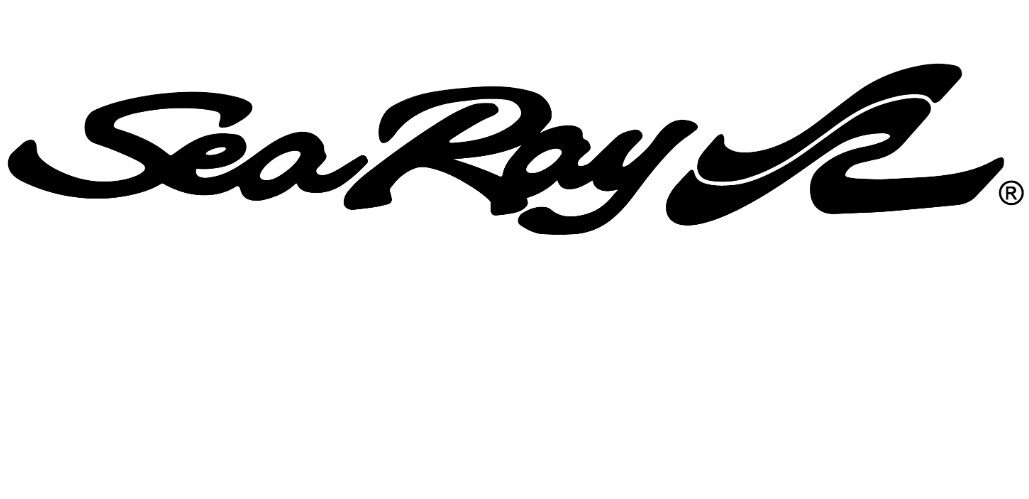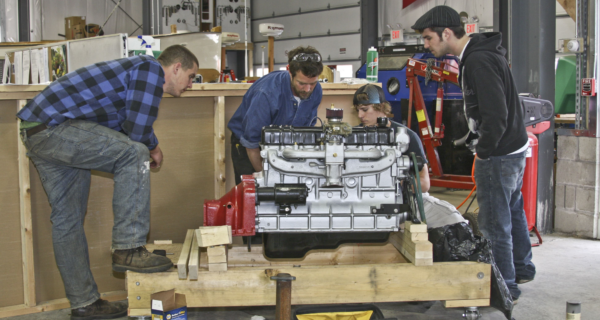Georgia State House passes boat ban bill
WASHINGTON – Legislation passed by the Georgia State House that would ban boats longer than 30 feet, 6 inches on six Georgia lakes, including Lake Burton, has been termed “discriminatory” by the National Marine Manufacturers Association in a recent press release.
House Bill 1490 was passed March 13, and bears what NMMA calls “a striking similarity to legislation that was introduced in the Alabama legislature at the behest of the Alabama Power Company.”
Both the Alabama Power Company and Georgia Power Company are regional utilities owned by the Southern Company, which is responsible for 14 reservoirs throughout Georgia, including some 60,000 acres of lakes, 1,350 miles of shoreline and dozens of parks developed for family enjoyment.
“Who decides who can and cannot have access to public waters? An elite few who own lakefront property and want to make these public lakes their own country club waters?” said Monita Fontaine, vice president of Government Relations for NMMA. “This is a classic exclusionary move which discriminates against boat owners and users, and would set a dangerous precedent of limiting boating access that could be extended around the state if passed.”
While proponents cite erosion as a reason to restrict access to these lakes, the fact is that boat length is not the culprit, according to the NMMA.
The wake from a 30-foot boat, which would be allowed on the lake under the proposed ban, and the wake from a 38-foot boat (which would be banned) have little difference. Most boats that would fall under the ban, like a houseboat or sailboat for example, create little wake already, NMMA said.
Marine experts say that it is speed and proximity to shore that create wake, not the size of the boat.
And NMMA said sanitation concerns are ambiguous at best. Vessels with on-board toilets provide a way for boaters to avoid polluting the waterway. Vessels, such as runabouts, ski boats and bass boats offer no such option.
Enforcement of existing laws regarding reckless operation, or safe operational guidelines for certain conditions are a much more effective way to address concerns regarding speed and noise, according to NMMA.
Effective remedies also include establishing go-slow zones in areas prone to erosion, adequate enforcement of existing laws requiring no-wake speed when within 100 years of another boater, swimmer or shore; and stiff fines for improper disposal of human waste. A ban will not address the concerns of those who believe that the only solution is to block access to the lakes.
“These kinds of boat bans would hit the typical family boat user in Georgia who enjoy these wonderful lakes — let alone the businesses and tourism industry which would suffer a huge impact,” Fontaine said. “The list is endless of the people who would be hurt by the thoughtless capriciousness of this bill.”
Almost 7,800 boats are currently registered in Georgia that would fall into the proposed ban’s category, many of them houseboats. These bans will have significant economic impact. In-state manufacturers such as Chaparral Boats and Yamaha marine engines depend upon the sale of boats above 30 ‘6,” as do marine dealers throughout the state. Bans on length will have a chilling effect on sales, as consumers sense an anti-boating attitude from the state. While some may opt to buy small boats that do not meet the needs of their family, many more will simply turn away from boating all together, NMMA said.
“This bill seems to cater to the whims of lakefront homeowners and residential developers rather than the general public,” Fontaine said. “We call on members of the Georgia Senate to be responsible to their constituents concerns and do the right thing by putting the brakes on this misguided legislation – don’t close off Georgia public waters to your boating constituents.”
- For more of the latest news, click here.




